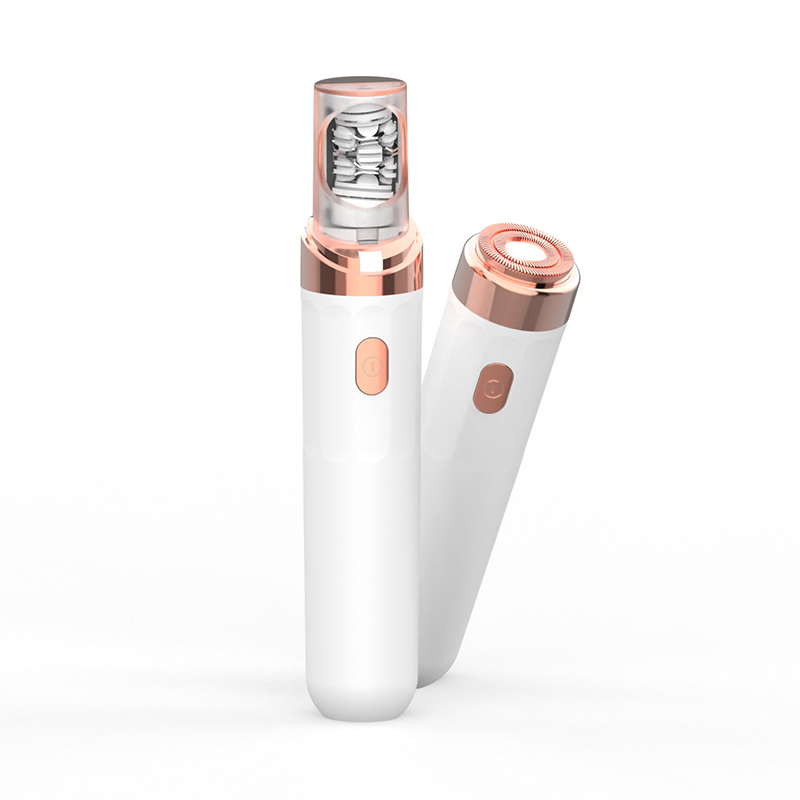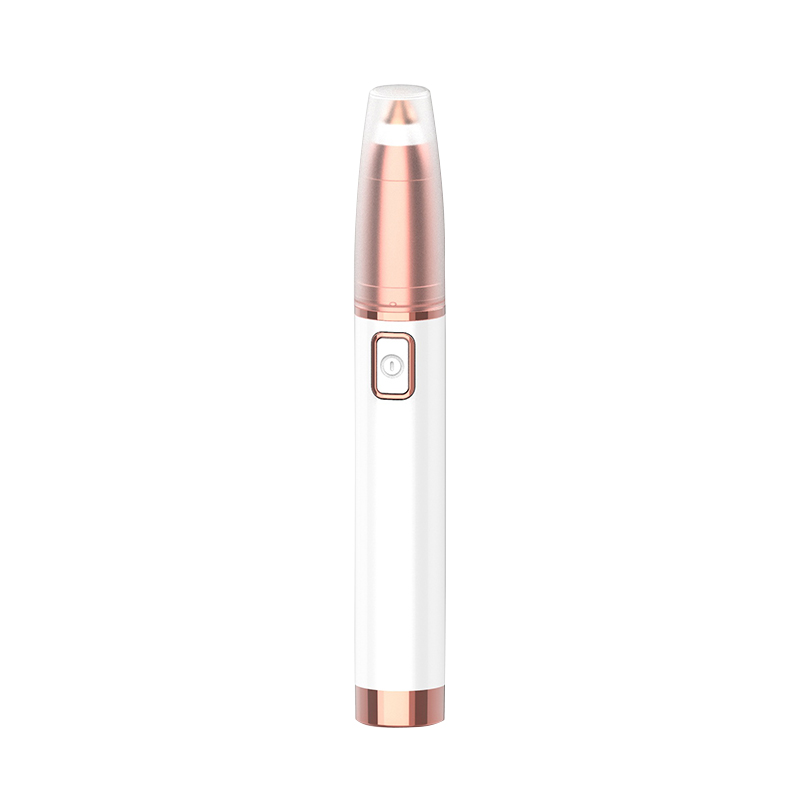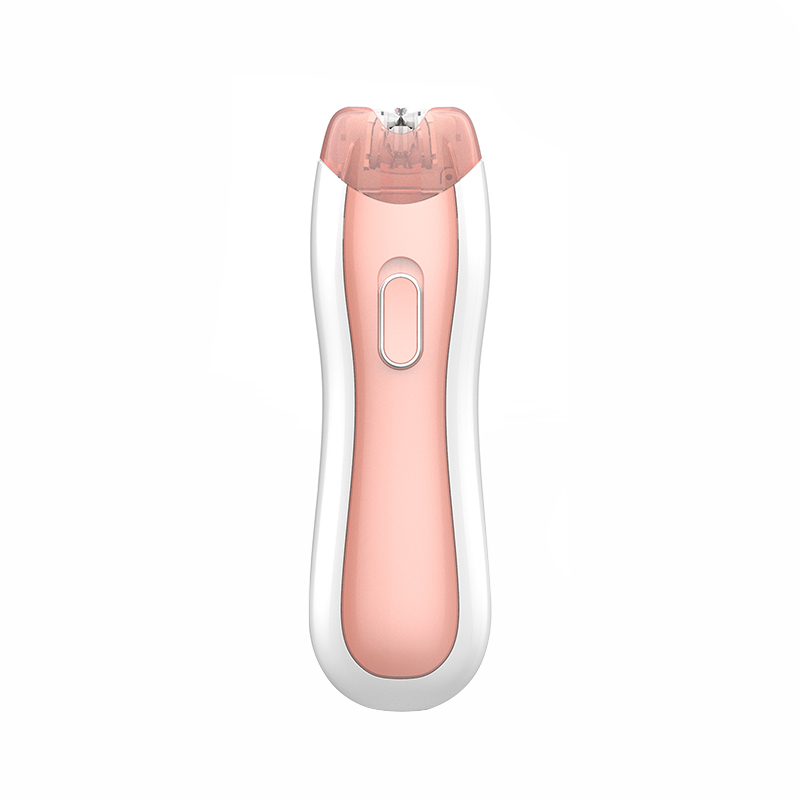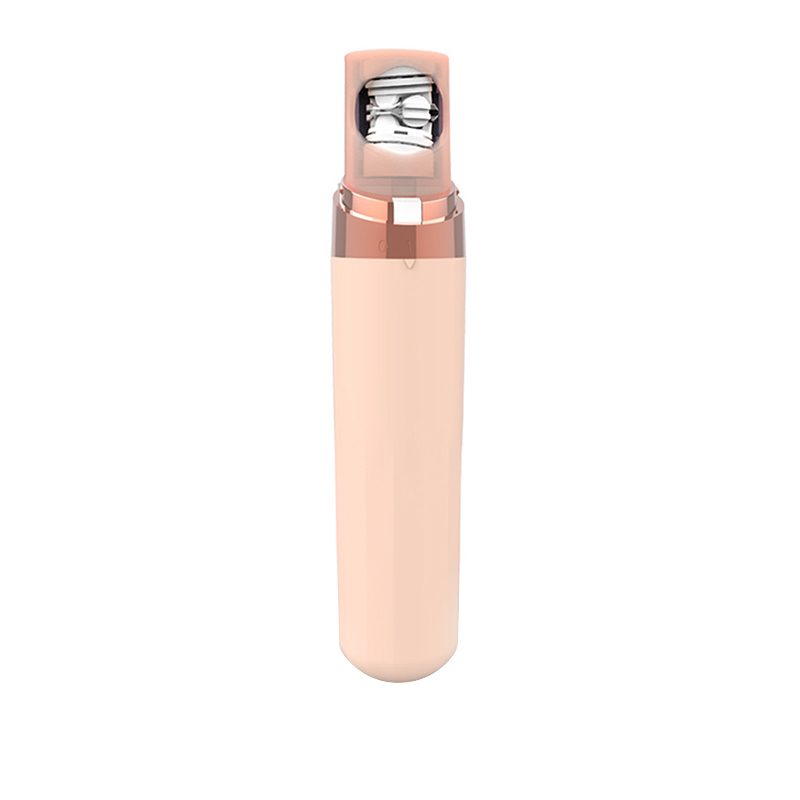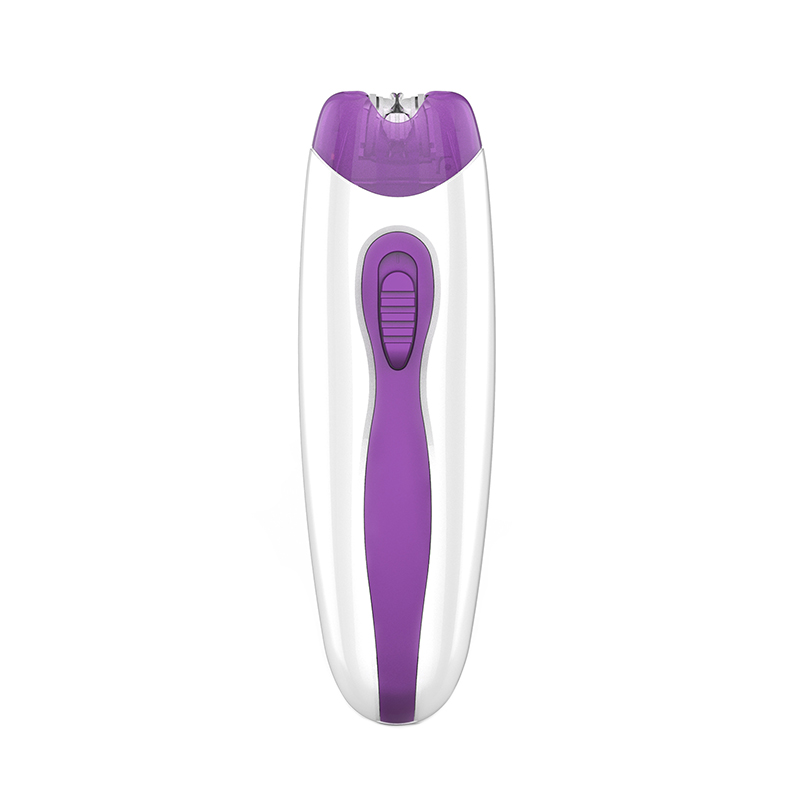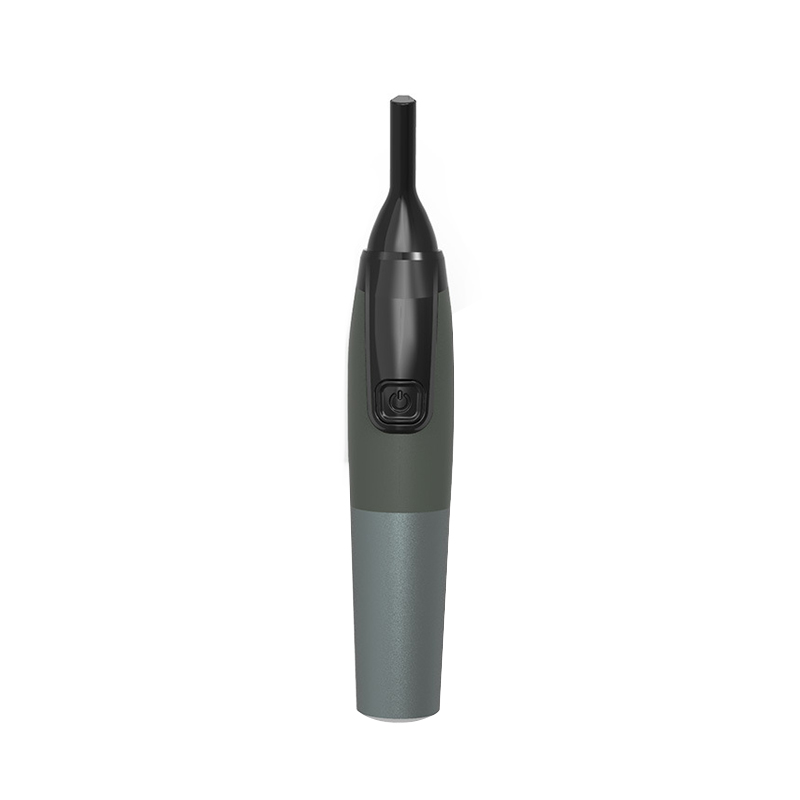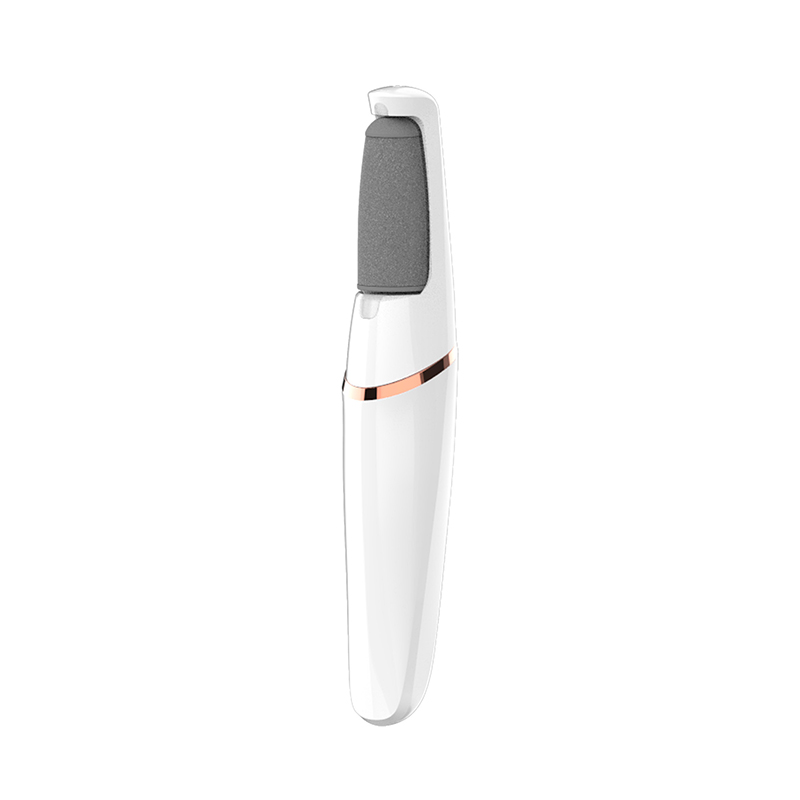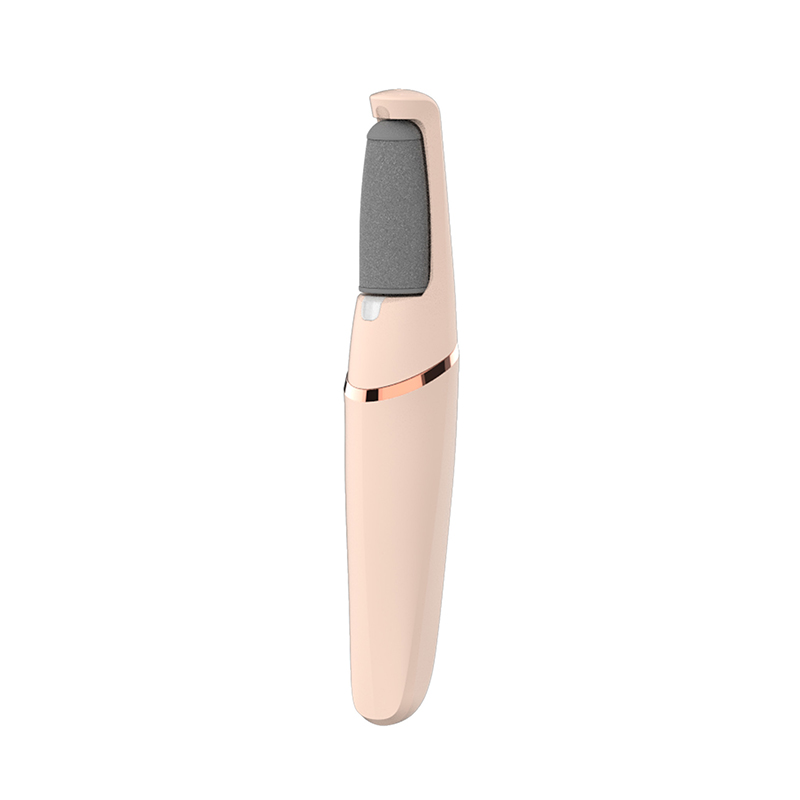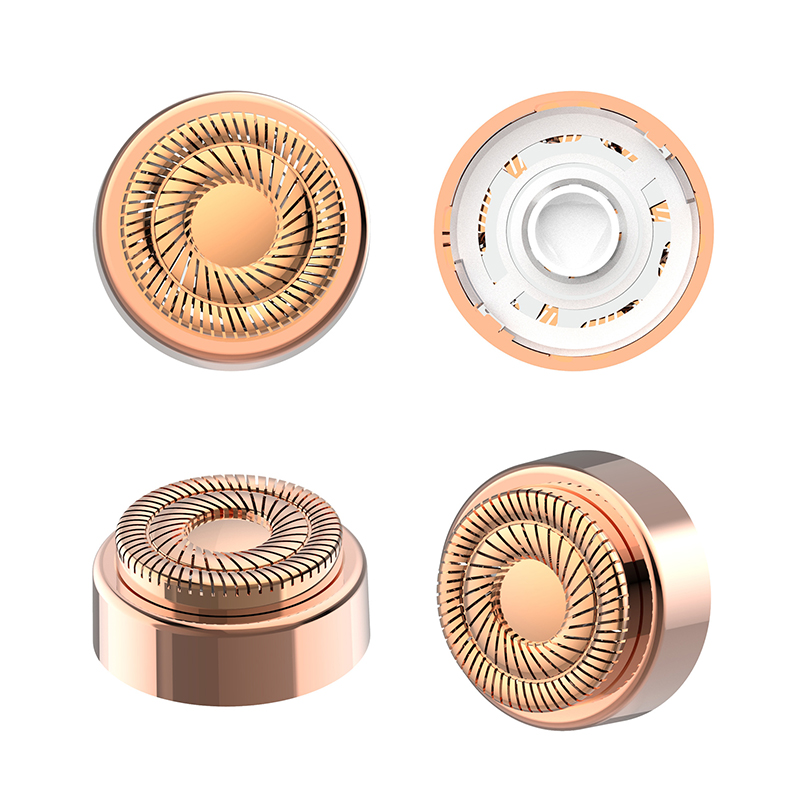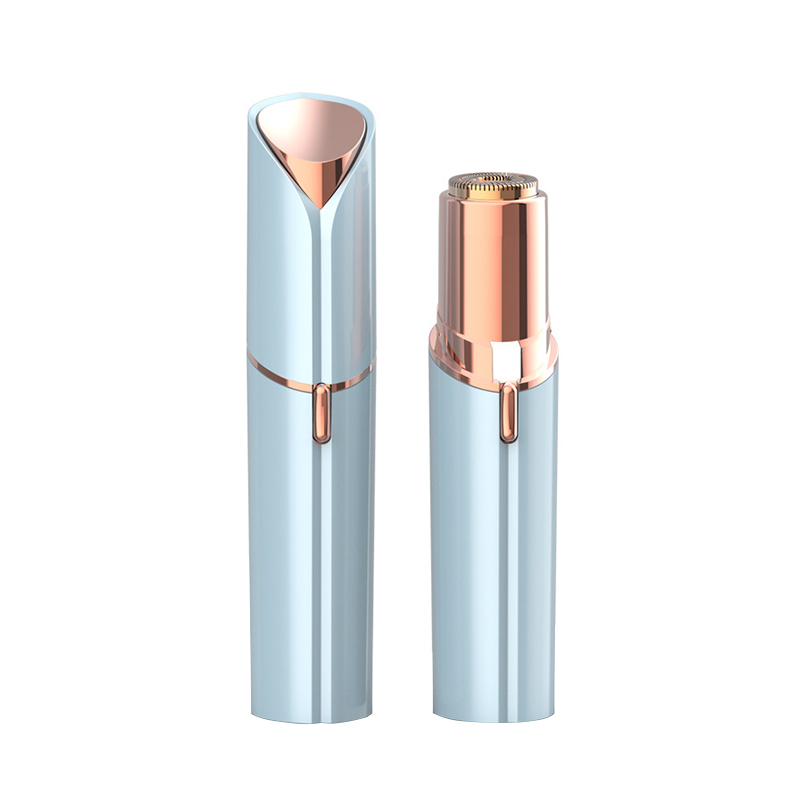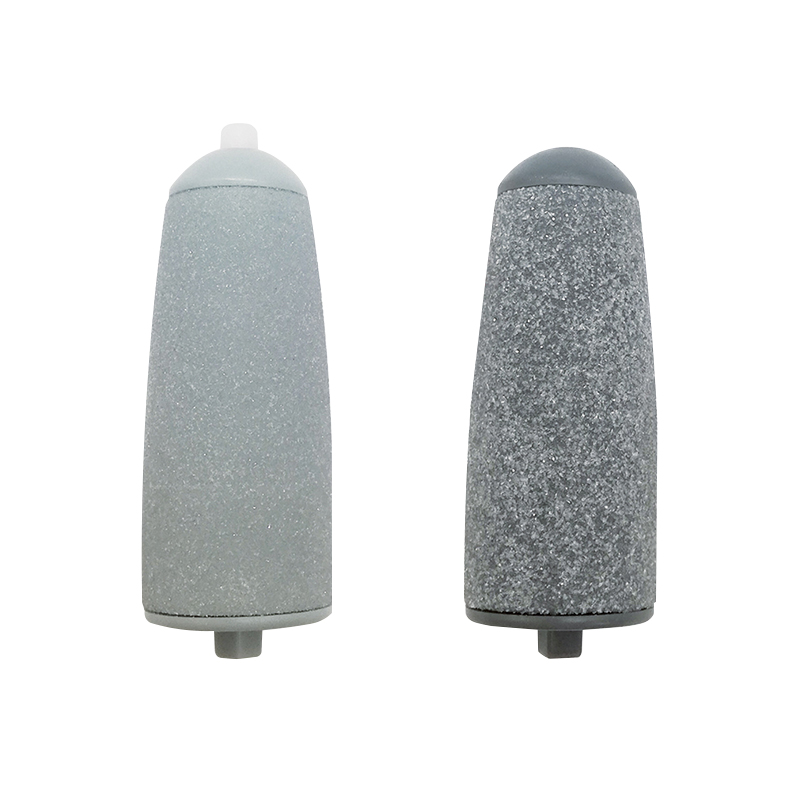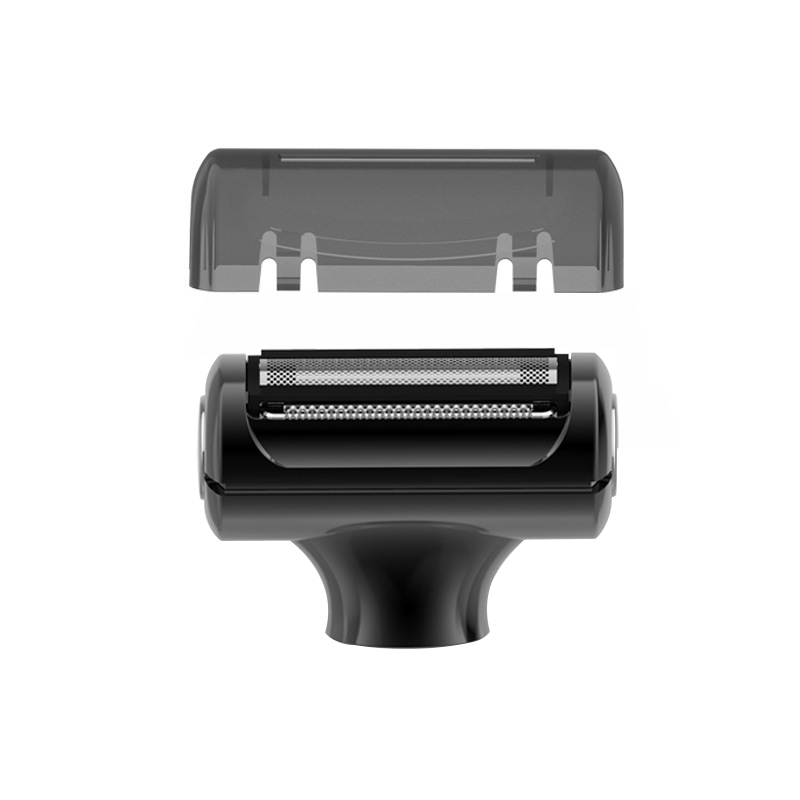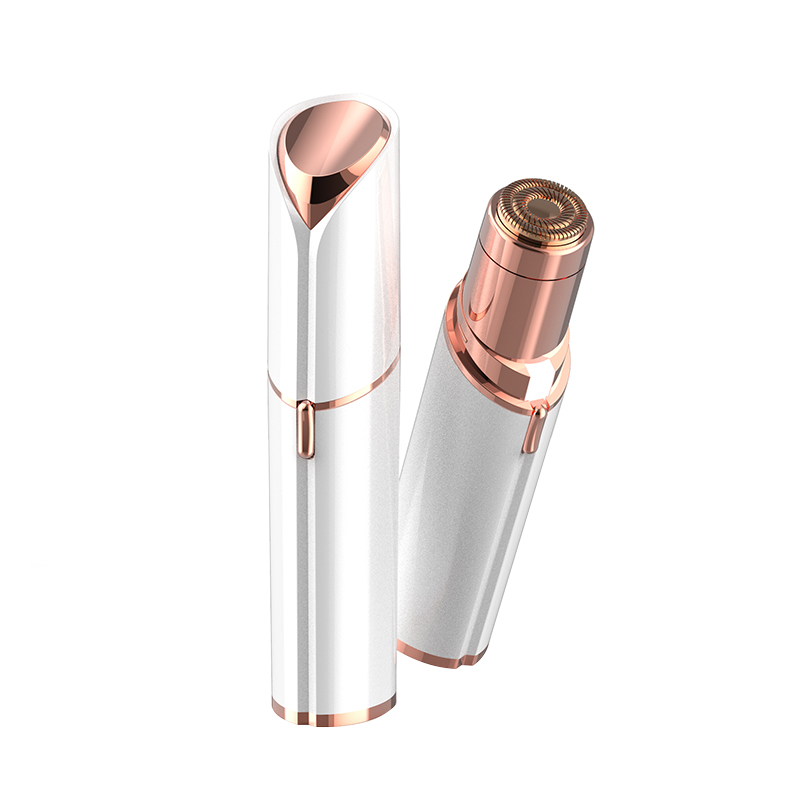Facial hair removers – encompassing tools like epilators (which pull hair from the root) and precision shavers – offer alternatives to traditional razors, waxing, or creams. However, their compatibility varies significantly depending on individual skin characteristics. Understanding your skin type is crucial for minimizing irritation and achieving optimal results.
Most Compatible Skin Types:
Normal Skin: Individuals with balanced, non-sensitive normal skin generally tolerate facial hair removers best. Their skin has a healthy moisture barrier, making it resilient to the mechanical action involved in epilation or close shaving. They typically experience minimal redness or bumps post-treatment, provided the device is used correctly and gently.
Oily Skin: Oily skin types often find good compatibility with facial hair removers. The skin's natural sebum production can sometimes offer a slight protective barrier during the process. Epilators, in particular, may be beneficial as they remove the entire hair, potentially reducing issues like ingrown hairs that can be more common with shaving in oily complexions. However, rigorous post-removal cleansing is essential to prevent clogged pores.
Skin Types Requiring Greater Caution:
Sensitive Skin: This skin type demands the utmost care. Individuals with sensitive skin are prone to redness, inflammation, burning sensations, and irritation from mechanical devices. Experts advise extreme caution. If choosing to use a hair remover, opt for gentler settings, avoid over-stretching the skin, prioritize devices designed specifically for sensitivity, and always perform a patch test 24 hours beforehand. Consider alternatives like dermaplaning (performed by a professional) or carefully vetted depilatory creams formulated for sensitive facial skin. Epilators can be particularly harsh on sensitive skin.
Dry Skin: Dry skin lacks sufficient natural oils, making it more susceptible to irritation, flaking, and micro-tears during hair removal. Pre-treatment moisturization (done well before device use) and diligent post-treatment hydration with fragrance-free moisturizers are non-negotiable. Using devices on very dry, flaky skin is discouraged. Gentle shaving might be preferable to epilation for some.
Combination Skin: Compatibility depends on the specific areas being treated. The oilier T-zone might handle removal better, while the drier cheeks require the precautions recommended for dry skin. Tailoring the approach to each facial zone is key.
Universal Considerations for Safer Use:
Patch Test is Mandatory: Regardless of perceived skin type, always test the device on a small, discreet area of the face or neck first.
Pre-Care: Ensure skin is clean, dry, and free of products (lotions, oils, makeup). Gentle exfoliation 24-48 hours prior can help prevent ingrown hairs but avoid immediately before use.
Technique Matters: Follow device instructions meticulously. Move slowly and gently. Avoid going over the same area repeatedly. Hold skin taut but don't over-stretch.
Post-Care is Essential: Apply a soothing, alcohol-free, fragrance-free moisturizer or aloe vera gel immediately after. Avoid harsh actives (retinoids, AHAs/BHAs, strong acne treatments) for 24-48 hours. Use sunscreen, as skin can be temporarily more sun-sensitive.
Cleanliness: Keep the device impeccably clean according to manufacturer instructions to prevent bacterial transfer and potential infection.
Contraindications: Avoid using mechanical hair removers over active acne, wounds, sunburns, rashes (like eczema or psoriasis flare-ups), or areas treated recently with retinoids or chemical peels.
Who Should Generally Avoid?
Individuals with very sensitive skin prone to reactive conditions (like rosacea), severe acne, active skin infections, or skin conditions like eczema or psoriasis on the facial areas intended for treatment should typically avoid mechanical facial hair removers due to the high risk of severe irritation or triggering a flare. Consulting a dermatologist before starting use is strongly advised for these individuals.



